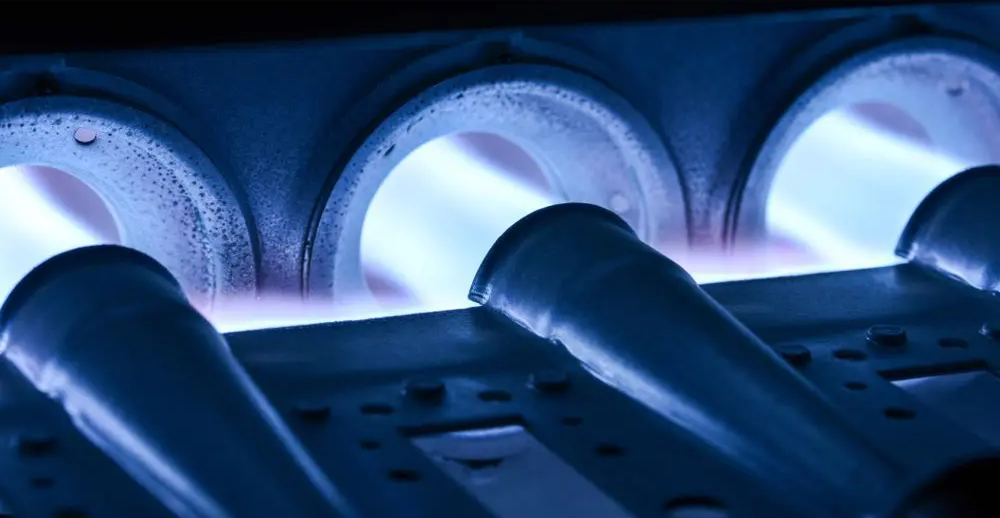
The two most common systems used to heat homes are either a natural gas furnace or a standard heat pump. Most people have an idea of how a furnace works but many don't understand how a heat pump works. To over simplify a heat pump; a heat pump is an air conditioner that can essentially work backwards. In the summer time, the heat pump causes the indoor evaporator coil to get cold while the outdoor condenser coil section gets hot. In heat mode, a heat pump reverses the process so the indoor coil section gets hot and the outdoor coil gets cold. Standard heat pumps are very efficient in producing heat down to an outdoor temperture of about 40 degrees. At that point the efficiency really starts to fall. Some heating systems utilize both a furnace and a heat pump. We commonly call this setup a dual fuel system. A dual fuel system will consist of a furnace and a heat pump utilizing one or the other depending upon the outdoor ambient temperature and heat demand being called. A dual fuel system can be very efficient. Heat pumps and furnaces heat your home – but in different ways. When it comes to heating your home – you’ve got options. Depending on you're particular life style, unless you’re a seasoned pro understanding how to choose the proper system can feel overwhelming. Not to worry, we are here to help you make the right choice that fits your particular needs.
Generally, even a good deal can cost you a good bit of money. However, if your home requires cooling, a furnace will need to be matched with an air conditioner. A heat pump can do both. All together, your home comfort costs may be less with a heat pump. Of course, unit costs will vary depending on the size and model selected for both.
Gas furnaces can have a range of efficiencies ranging from 80% to 98% "Annual Fuel Utilization Efficiency". Standard heat pumps also have a range of efficiencies and operate very well until the outdoor ambient temperture drops below 40 degrees. At that point the ability of a standard heat pump to provide heat in an efficient manor starts to plumette. Infact as the outdoor ambient temperture drops, the heat pump will loose its ability to provide adequate heat and will usually cause an auxilary electric heat source to kick in which can get expensive to operate.
Since heat pumps don’t use combustion, they don’t produce any harmful greenhouse gas emissions. This is becoming more and more important and some communities are even instituting local regulations insisting on lower-emission heat sources. Recent advancements have made many furnace models more energy efficient and lower their impact on the environment.
The heat produced by gas furnaces feels warmer compared to heat pump. In general, the air from a heat pump isn’t as warm as what you get from a gas furnace. It’s still warming your home, but it “blows at a lower temperature.” Some people don’t like that. In contrast to the hot and dry air of a furnace, heat pumps circulate air that’s naturally humid – so they may not cause your home to feel as dry as a furnace.
A gas furnace generally has a longer lifespan than a heat pump. Furnaces with proper maintenance can last 20 years or more. A heat pump, like an air conditioner, more commonly has a lifespan of about 15 years. Since a gas furnace is only used for a few months out of each year, the maintenance requirements are less than those for a heat pump. A gas fired furnace also has fewer mechanical parts than a heat pump, meaning fewer things that can break down or malfunction.
